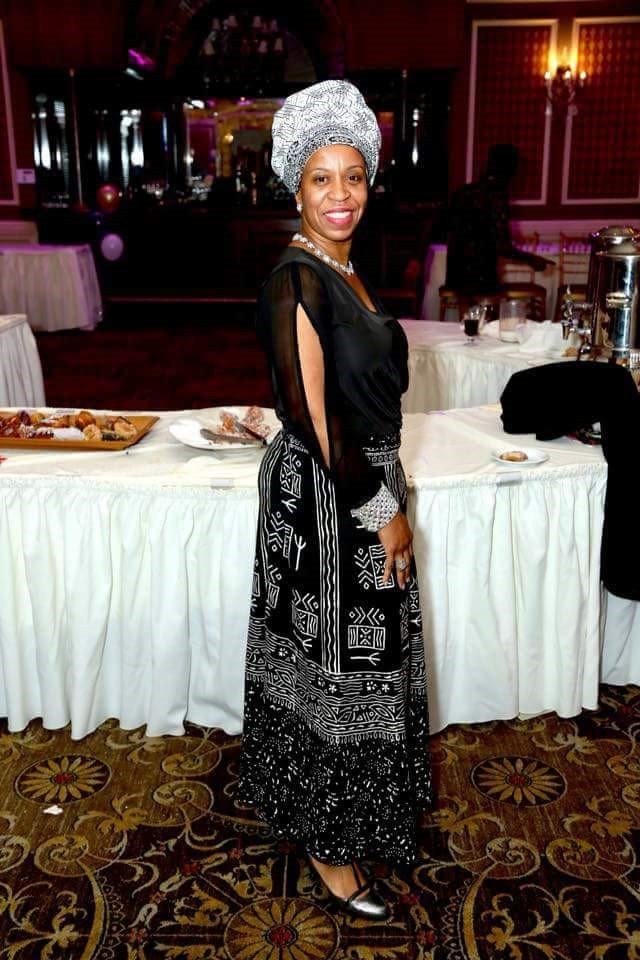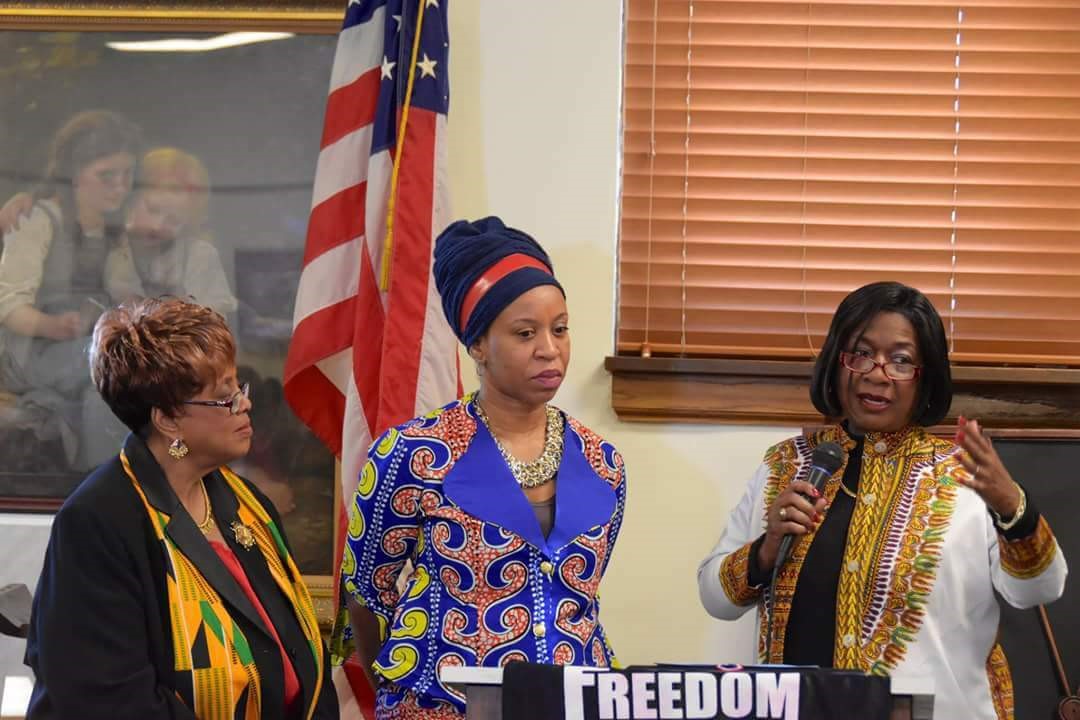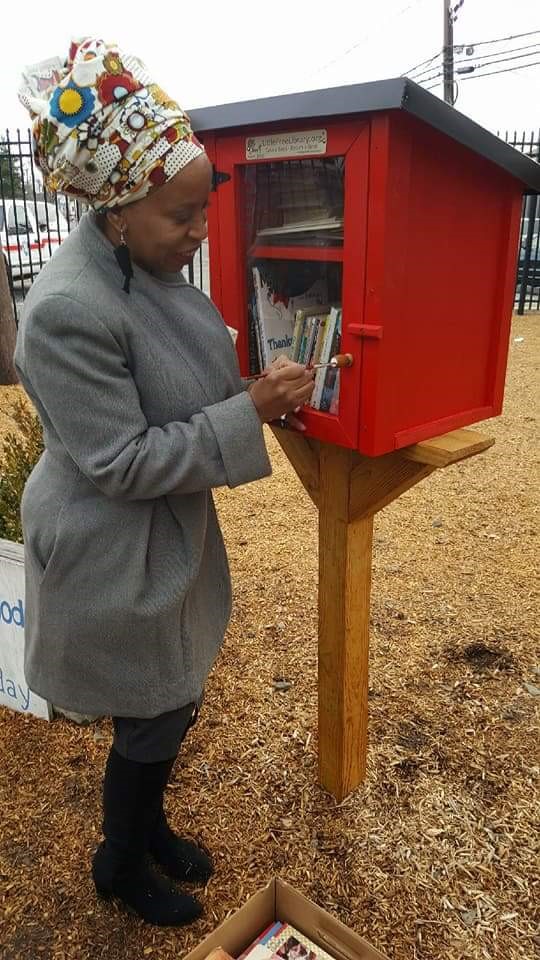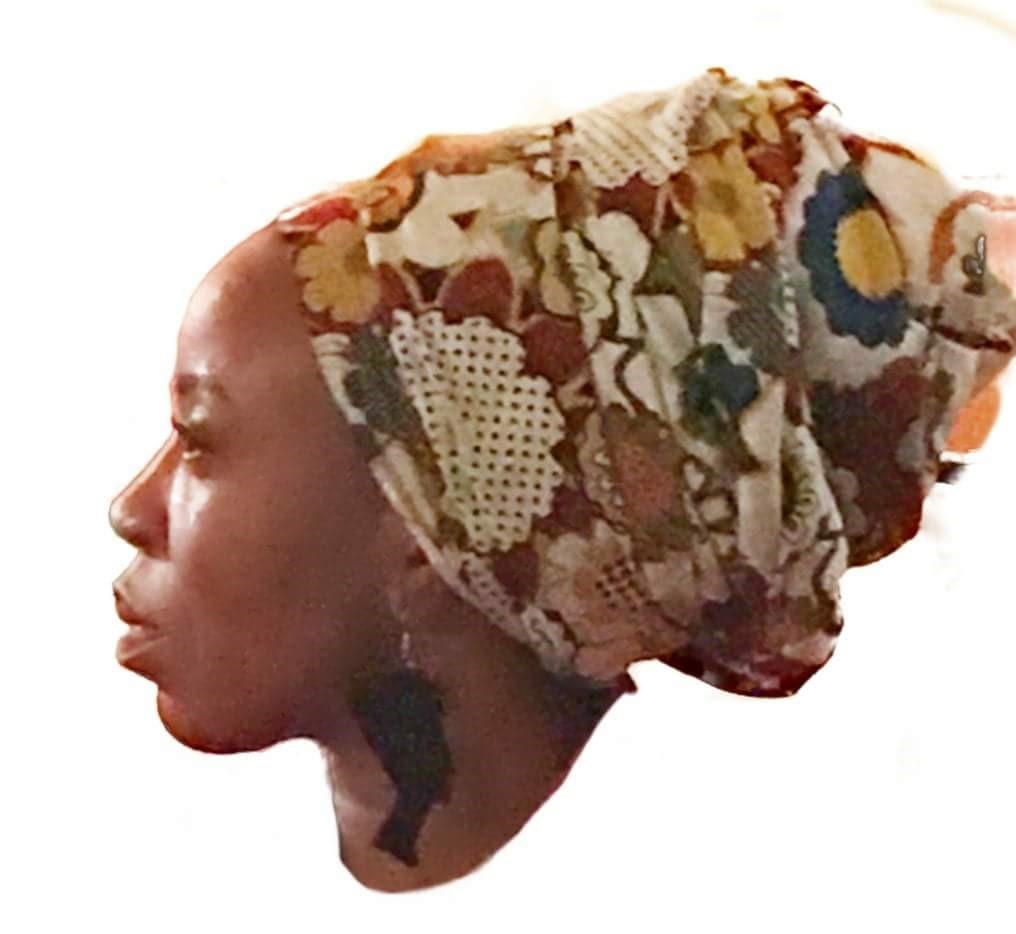After the MFA: Sun, moon, wind, ocean – Talena Lachelle Queen and the poetry of art in community
By Natalie Singer (’16)
As a student who preceded me in the UW Bothell MFA in Creative Writing & Poetics, Talena Lachelle Queen was someone I heard about often during my time in the program but didn’t have the chance to meet until after we both had graduated. I was excited to interview Talena because to me, she represents the real-world successful example of how one can realize a practice and career in art-making and community leadership and advocacy. While writing poetry, teaching, and mothering, a juggle I also seek to balance, Talena has figured out how to activate the conversation around art, its purpose and potential, in her community. While she advances her own practice, she is driven by the motivation to make art a civic venture and the belief that communities need art to thrive.
Here is an edited version of our interview:
I’m so excited to dig into your life and work, Talena. Thank you for making the time for these questions! You graduated the program in 2014. Can you talk a bit about what you focused on during your MFA? What were your areas of interest, what types of writing did you do, what was your thesis project? Also, I think of the UW Bothell MFA program as very infused with the culture of collaboration: Were you involved in any collaborations that were important for you?
I am a poet. I focused on poetry for the most part, but the program asks us to explore other genres. I believe that my expression as a writer can fit into any genre, but when I am alone I default to my native language, poetry. My thesis project, Fourteen, is a prose text that best fits the description of creative nonfiction. Fourteen takes on difficult topics such as chattel slavery, sexual violence, racism, and discrimination. I use music, tangents, and a prejudicial preference for the number fourteen as tools to aid my telling. The telling of Fourteen is, consciously, a slice of United States history. It is a personal history; it is autobiography; it is biography, and it is African American history. Fourteen is written as creative nonfiction and embraces a rich and poetic language that answer the questions, what does it mean to be part of a family? What does it mean to be a part of a lineage? How do we think about lineage and family in the context of African American history, where family and lineage have been contained, reshaped, or torn asunder through slavery and sexual violence?
My favorite MFA collaboration was with poet Michael Pascall, Butterflies & Whiskey. We never did anything except enjoy writing it. Most times we’d write a response to the other’s poem, but sometimes we’d respond in line. Getting a new poem from him always made me happy.
Life in the MFA program and life after it can be so different. I have found some important continuity of ideas since graduating, but also some difficulties maintaining the MFA mindset (which can be very conducive to creating) post-program. How has the creative work from that period evolved since you’ve graduated? Did you continue to work on any projects that you began during your MFA, and if so, where are they now?

The work from the period of the MFA did not evolve as works of art. I have performed them many times at events, but they’ve remained unchanged from the period where they’ve been vetted as finished works. I haven’t worked on any projects that began during the MFA, though I wish that I had spent some more time with my thesis, Fourteen, and my alternative thesis, Blue. Both of those works are still fascinating to me because of how they used me to become part of the world. I kinda miss them.
Since graduation, I’ve been commissioned to write something for Red May, Free As In Free, ANTHOLOGIES of The EXTRAORDINARY EVERYDAY, and Poets Unite, which are all anthologies that include amazing artists. I’ve been proud to be in company of artists who I admire.
Talena, you are the founder of Her Best Self, a nonprofit that fosters leadership qualities in young women. You are also a longtime teacher. How does your creative work, mentorship/leadership work, and work teaching youth converge?
What a great question! It is not easy to balance each of these things: teaching, mentoring, creating, and leading, when I think of them as separate things. When I can express them all as the same thing, then I find balance. I’ve taught myself that I am only one. I am teaching while I am mentoring and I am creating while I am teaching and I am leading while I am teaching and creating and mentoring. I used to be really worried about having time to create while teaching, but then I started to create while teaching. My students get to see their teacher as a writer, which is both mentoring and leadership. Honestly, the most popular question that I receive from people is about this balance. I think of them all as one that I have to balance with parenting and my other responsibilities. My current lesson that I am studying for self-improvement is delegating to others and accepting help where it is offered.

What an important reminder. I hear you, as a mother-artist. There is so much synchronicity in nurturing children and nurturing artistic and leadership instincts. And so much chaos and unknown. Our creative drive fuels itself but also needs support, right? We must remember we can ask for help, we deserve it, and we should accept it!
You have deep roots in the city of Paterson, NJ, and you are the city’s first ever African American Poet Laureate (congratulations!). How does the place of Paterson inform, inspire, and drive your creative work? What are the generative benefits of being so connected to a place? Are there any barriers in being so entrenched to one’s hometown?
Thank you. I am the first ever African American graduate of our MFA as well. I mention that because, like the poet laureate position, I am the first period. I am part of the inaugural UW Bothell MFA class, and the City of Paterson has never had a poet laureate before me. We still need to say African American as a point of distinction in our country. That part is unfortunate. Still, I am the sun and moon and wind and ocean all at once, an overwhelming joy, for both those distinctions.
Paterson has inspired me to create a project call Dear Paterson, which is a personified letter collection to the City of Paterson from her young citizens. I use my creative writing classes, during and after work hours, to create the letters. I do not currently have funding to publish the letters to Paterson, but I am continuing the work. The generative benefit to being in this place is that I can call on my connections to put together a project when I am inspired to create a community project. I can make art that I really know a lot about, but there are some barriers. I am becoming more and more a Paterson poet rather than a poet. I wonder how that honorable distinction will shape my path and opportunities as a creator. I’d like to create a space for writers in Paterson like the Hugo House in Seattle or The Writers Room in NYC. I hope that being connected to this place and being the first poet laureate will help my vision to become a reality.
Dear Paterson sounds like a fascinating project. Can you talk more about being poet laureate? What other projects are you involved with? What is a typical day/week/month like for you?

There has never been a poet laureate in this city, which allows me to do it the way I want to do it. I believe that the poet laureate position is a community outreach position. I go to after-school programs as a volunteer to read my poetry and help children create and read their own. I believe that there is a need to celebrate readers and writers. In my city we celebrate athletes and musicians, but there are scholars here, too. I want the writers to know that they are important and worthy of celebration. I feel so good when a young person tells me that they’ve written something for me to hear or that they realize, now, that they are a writer. I think that people need to see that what they have in their hearts and souls is alright, and that it can help them to become writers.
I teach three language arts class per day at the Martin Luther King Jr. Elementary School. I only leave school when it is time to leave if I have another appointment or by 4:30. On Monday and Friday, I teach a poetry class to elementary students from 4:15- 5:15 at a different school for pay. On Tuesday, Wednesday, and Thursday, I volunteer at various after-school programs to give the children some poetry. Typically, I read my work on Tuesday, help them write their own on Wednesday, and coach a performance of their work on Thursday with a microphone in hand.
I cook dinner every night. I check in with my honor roll son on his works and ideas. On the weekend, I go to the 11 parks where I’ve installed Little Free Libraries to check on them and to refill those that need. Also on the weekend I support local program by attending. I answer a lot of email, text messages, and phone calls and I spend some time planning the next of whatever pops into my head. This coming weekend, I will see the results of my idea to host a women’s conference.
Thanks for letting us be flies on the wall of your busy life. That was fascinating. I see the central theme of community and helping others experience reading, writing, and language in everything you do. And I have to ask, how do you balance your creative energies and work with your teaching and leadership, and where does your personal self-care come in?
I have this great guy in my life who is much better at reading the stop signs than I am. If I am sick I will keep going, If I am tired I want to do one more thing. I have been told that I should rest more. I don’t know of a good reason to postpone what I can do right now unless I am already doing something. This email, for example, was in queue until the space became available to give a response. There are lots of things that I cannot do because there isn’t enough time like laundry some weekends, concerts, sitting with my grandmother. I really depend on my guy, who is my life partner, to reset me every night; every day I feel brand new and I can start all over. Thank you for the opportunity to be introspective.
And thank you for the reminder that renewal comes in many ways, and energy creates art. I can’t wait to see what is next for you!
This photo, and all the others above, courtesy of Talena Lachelle Queen.

Talena Lachelle Queen (’14) is a poet and graduate of UW Bothell’s inaugural MFA in Creative Writing & Poetics program, where she authored Fourteen for her thesis project. She is a Paterson, NJ native whose poetry has an international audience. Queen is the founder of Her Best Self, a program of the National Black United Fund, which fosters leadership qualities in young women. She is a certified and licensed elementary school teacher specializing in Middle Level Humanities in both New Jersey and Washington state (UW Bothell School of Educational Studies). Among her alma mater are Rosa Parks School of Fine & Performing Arts High School where she earned her diploma in Creative Writing, Montclair State University where she earned her Bachelor of Arts in Broadcasting, University of Washington where earned both her teaching certification and MFA in Creative Writing & Poetics, and University of Notre Dame where she earned an Executive Certification in Transformational Nonprofit Management at the Mendoza Business School.
Natalie Singer is a writer, editor, and teacher, and a 2016 graduate of UW Bothell’s MFA in Creative Writing & Poetics program. Her hybrid memoir, California Calling: A Self-Interrogation, was published by Hawthorne Books in 2018. She is an invited 2017/2018 writer ambassador for On the Boards, a contemporary performing arts collective in Seattle, where her critical responses to the season’s performances create a bridge of dialogue between artists and the community. She has taught poetry with Pongo Teen Writing to youth inside King County’s juvenile detention and at the state’s psychiatric facility for youth. Natalie is also a communications manager at Microsoft. As a mother/artist, Natalie is concerned with the experiences of, and access granted to, parent artists and mothers in particular. In a culture where mothers navigate near-constant tension and marginalization around their identities as women and caregivers, mother/artists often struggle to access the resources available to other artists and which are critical to sustain a creative self. Through her creative and community work, Natalie is committed to supporting mother/artists so that their voices may be heard and their work elevated.
